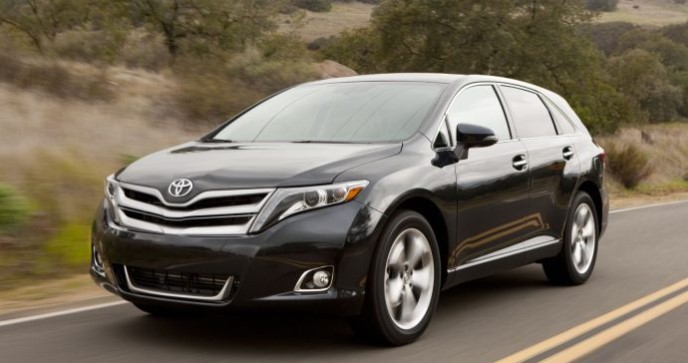During these years, the Toyota Venza had its fair share of issues. One problem that plagued these models was excessive oil consumption in the engine, which could lead to serious engine damage if not addressed promptly. Another common issue was with the power steering system, as some owners reported difficulties in steering and a noisy operation. Additionally, the 2009-2012 Venza models had problems with the door handles, which were prone to breaking or becoming loose. These issues may have caused inconvenience and frustration for the owners. Therefore, it is advisable to steer clear of the Toyota Venza models produced between 2009 and 2012 to avoid potential problems.
2009: Excessive Oil Consumption
The 2009 Toyota Venza faced a notable issue with excessive oil consumption. Many owners reported that their vehicles consumed oil at a higher rate than expected, which could lead to engine damage if not monitored and addressed regularly. This problem caused concerns among owners and was an inconvenience that required frequent oil top-ups or potentially costly repairs.
2010: Power Steering Problems
In 2010, some Toyota Venza models experienced power steering problems. Owners noticed difficulties in steering their vehicles smoothly, and there were reports of a noisy operation when turning the steering wheel. These issues posed safety concerns as they could affect the driver’s ability to control the car effectively. Affected owners often sought repairs or replacements for the power steering system to resolve these problems.
2011: Door Handle Issues
The year 2011 brought about a common problem with the door handles of the Toyota Venza. Many owners encountered issues where the door handles would break or become loose, making it challenging to open or close the doors properly. This problem not only caused inconvenience but also raised security concerns since faulty door handles could compromise the vehicle’s accessibility and increase the risk of theft or unauthorized access. Proper maintenance or replacement of the door handles were necessary to address this issue.
2012: Continued Problems
The troubles continued for the Toyota Venza in 2012, with some recurring issues from previous years. Excessive oil consumption and power steering problems persisted in certain models of the vehicle, causing similar complications as described earlier. Additionally, there were reports of other minor issues such as faulty air conditioning systems and transmission concerns. These problems further added to the overall reliability concerns of the 2012 Toyota Venza.
It is important to be aware of these troubled years and the associated problems when considering purchasing a used Toyota Venza. Taking these issues into account can help you make an informed decision and avoid potential headaches down the road.
Important Points to Know
- Toyota Venza Years To Avoid: 2009-2012 due to various problems.
- Excessive oil consumption was a significant issue in the 2009 model, requiring regular monitoring and potential repairs.
- The 2010 Venza had power steering problems that affected steering performance and caused noise during operation.
- Door handle issues were common in the 2011 model, leading to breakage or looseness, compromising accessibility and security.
- The troubles continued in 2012, with recurring problems like excessive oil consumption and power steering issues, along with minor concerns such as faulty air conditioning and transmission.
Final Words
When considering purchasing a used Toyota Venza, it is crucial to be aware of the troubled years and associated problems. The 2009-2012 models faced issues like excessive oil consumption, power steering problems, and door handle malfunctions. While later years may have seen improvements, these specific years should be approached with caution. Proper maintenance, regular inspections, and addressing any known issues promptly can help mitigate potential problems. Conducting thorough research and seeking professional advice before making a purchase decision is essential to ensure a satisfying and reliable ownership experience.

